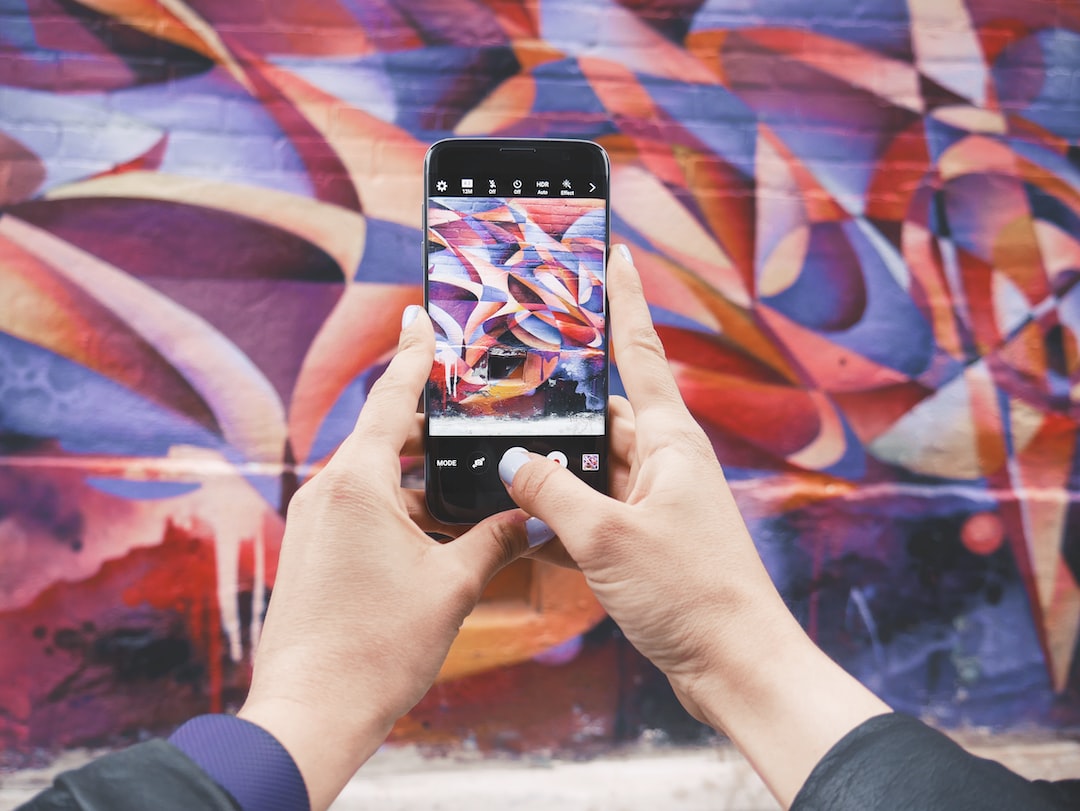How Media Shapes Body Image and Self-Esteem
In today’s digital age, where we are bombarded with images and ideals of beauty at every turn, it comes as no surprise that media has a significant impact on our body image and self-esteem. The portrayal of unrealistic beauty standards, whether it be through glossy magazines, television shows, or social media platforms, has detrimental effects on individuals of all ages and genders. This blog post aims to shed light on how media shapes our perception of ourselves and discusses ways to promote a healthy body image and boost self-esteem.
Media plays a crucial role in constructing and perpetuating unrealistic beauty ideals. Advertisements depict flawless models with flawless proportions, airbrushed to perfection, often creating an unattainable image. This constant exposure to these images can lead individuals to develop negative body images, as they compare themselves to unattainable standards. For women, the pressure to have a slim and toned figure is particularly prevalent, with media reinforcing the idea that thinness equals attractiveness and success. Similarly, men face unrealistic expectations to possess a muscular physique, fueling body dissatisfaction and feelings of inadequacy.
When constantly bombarded with these images, it is not surprising that many individuals develop poor self-esteem. They begin to question their own worth and desirability, leading to a range of issues, including low self-confidence, anxiety, and even eating disorders. Teenagers are especially vulnerable, as their identity and self-concept are still developing. The constant exposure to media can negatively influence their perception of self, leading to serious emotional and psychological consequences.
While media greatly contributes to these detrimental effects, it is important to acknowledge the role of society and individual responsibility. Society, as a whole, needs to shift its focus from idealizing narrow beauty standards to promoting diversity and inclusivity. This involves diversifying the representation of body types, sizes, and ethnic backgrounds in media. By doing so, individuals are more likely to see themselves represented and feel validated, ultimately fostering a healthier body image and higher self-esteem.
Moreover, individuals must be critical consumers of media. Understanding the manipulative tactics used by advertisers and media companies can empower us to challenge and resist their damaging messages. It is essential to be aware of the unrealistic nature of the images we encounter and recognize that they do not define our worth. Instead, individuals should focus on cultivating their own unique qualities and strengths, embracing their bodies and celebrating what makes them different.
Promoting a healthy body image and boosting self-esteem requires a multifaceted approach. Education and awareness campaigns must be implemented at school and community levels to provide young people with the tools to navigate through media’s influence. Teaching media literacy and critical thinking skills will enable individuals to discern the inaccurate portrayal of beauty and self-worth. Encouraging open dialogues about body image and self-esteem can also create a safe space for individuals to share their struggles and work towards self-acceptance.
Furthermore, it is crucial for individuals to practice self-care and self-compassion. Engaging in activities that promote self-love and body positivity, such as yoga or meditation, can help individuals develop a more positive mindset. Surrounding oneself with a supportive network of friends and family who appreciate and celebrate diversity can also make a significant impact on one’s self-esteem.
In conclusion, media shapes our body image and self-esteem in profound ways. Its portrayal of unrealistic beauty standards can lead to negative body image and poor self-esteem across all genders and age groups. However, it is essential to recognize that change is possible. By challenging media’s narrow representation of beauty, promoting diversity, and practicing self-love and self-compassion, we can foster a society where individuals feel accepted and valued for who they are, independent of the external influences of media. Remember, your worth is not defined by the standards set by media; you are beautiful just the way you are.
